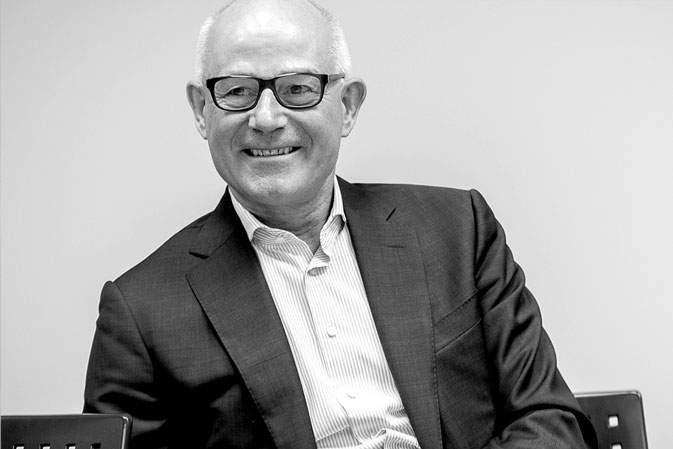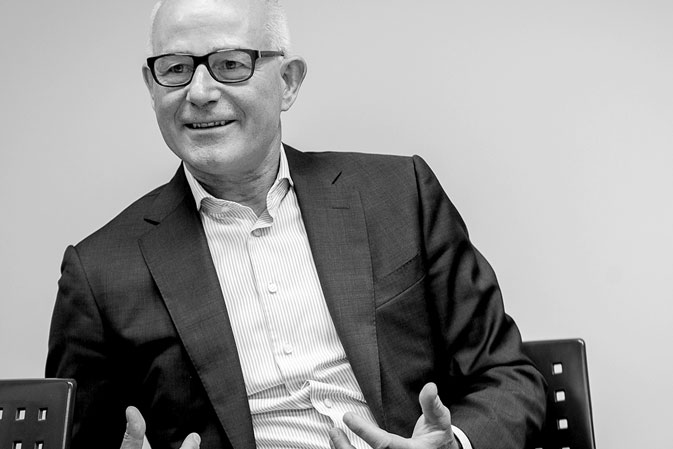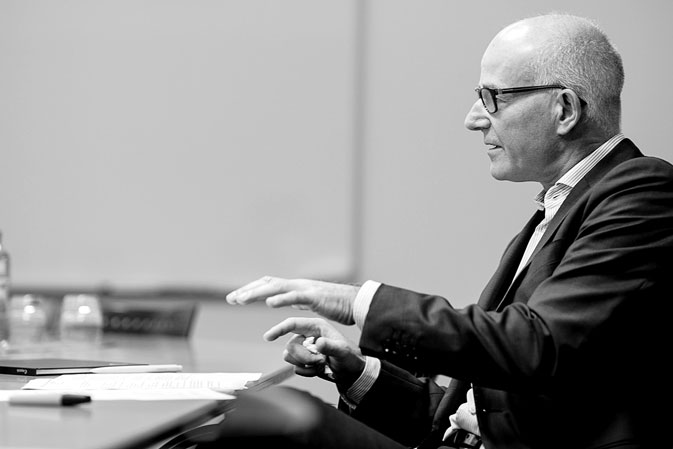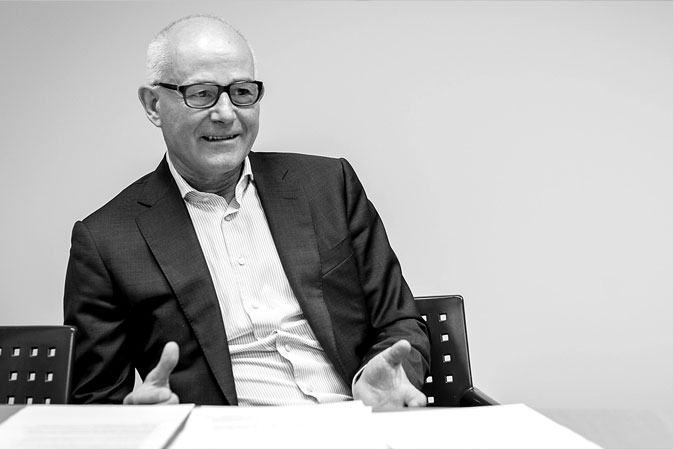Enzler Holding AG consists of four different companies, one of which is responsible for the hotel sector. What's the difference between cleaning hotels and other buildings?
Hotel cleaning is a specialized job, comparable with hospital cleaning. In contrast to an office building, which we normally clean when the workers have already gone home, hotel cleaning is carried out in the presence of the customers. For this kind of work, we need a different kind of person, someone who can engage with the customer. It's specifically in the hotel environment where the behaviour and appearance of our employees help shape our customer's reputation. For example, our employees who work in 4-star hotels need to dress and behave differently to those in 2-star establishments. This is what our clients and their guests expect. Also from an organisational viewpoint, a cleaning assignment in a hotel is more demanding than the classical cleaning job. Varying hotel occupancy rates mean we need to be more flexible in our planning. For an office building, we always need more or less the same number of employees. For a hotel, on the other hand, it could be 20 today, 30 tomorrow and only 15 next week, depending on occupancy.
Enzler Reinigung has been operating since 1935. How has the industry changed over the last 80 years?
I can only speak for the last 27 years, for the length of time I've been in the business. When I started, there was quite a different perception of what constituted quality. Back then, everything was cleaned just about on a daily basis. Later, the multinational companies above all began to compare their costs: What did a square metre of office cleaning cost in Zurich, in Frankfurt or in London? When they discovered that the cleaning costs in Zurich were higher, they drastically lowered the cleaning standard in their Zurich office buildings. From cleaning office space five times a week, we reduced to twice a week and, several years later, to only once a week. Today, there's a tendency to carry out certain cleaning jobs only once every two weeks. What's actually happened is that we've adjusted our Swiss cleaning standards to the general European level.
This development doesn't just apply to office cleaning, right?
Over the last 25 years, the cleaning standard in Switzerland has fallen across the board. Just take public transport: Switzerland's railway carriages used to be the cleanest in Europe, today they're nowhere near that standard. Another example: 25 years ago, we employed between 30 and 40 people for the maintenance cleaning of one office building, for the same building today, we need only 15. It's a similar picture when we calculate our quotes for work: we used to estimate that one employee would need one hour to clean 40 square metres of toilet space. Now we calculate 80 square metres.




